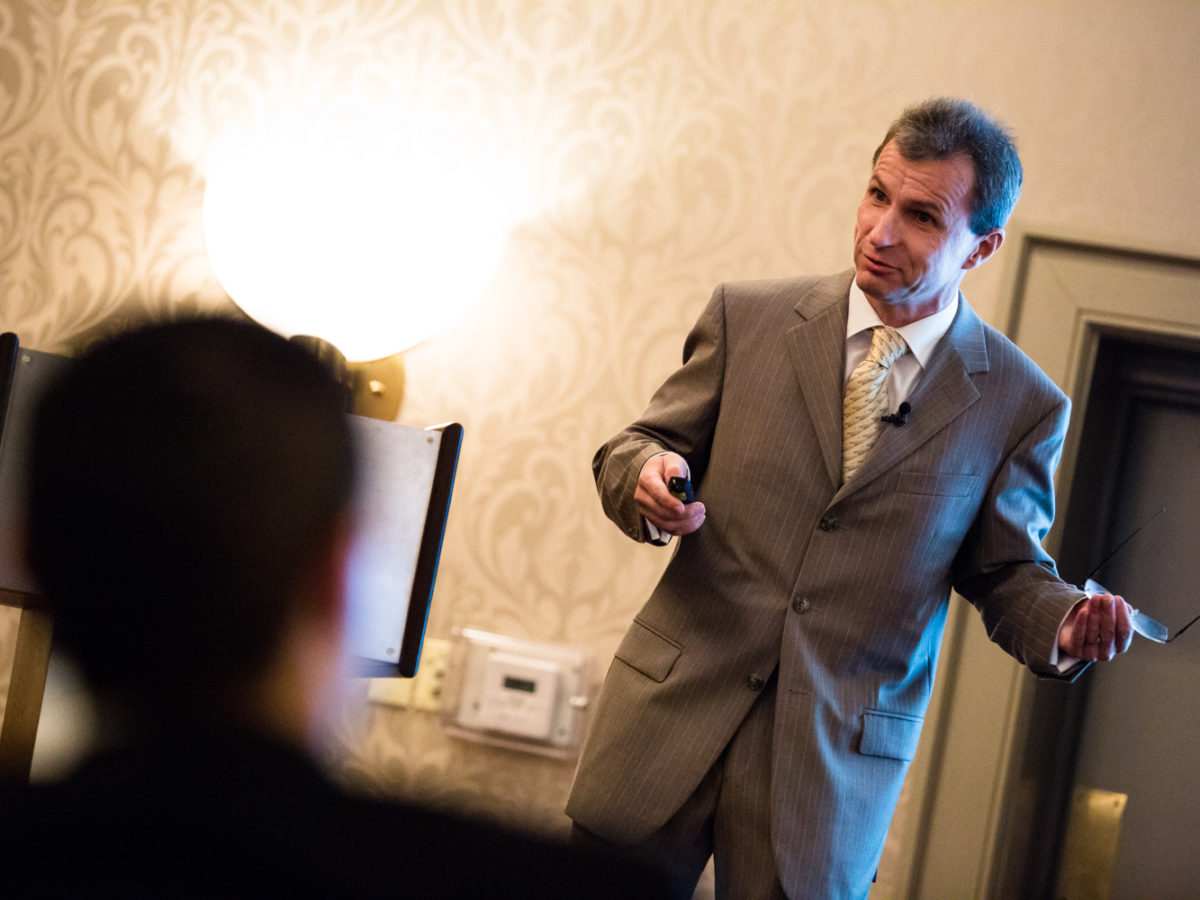
Energy Means the World for the United States
Professor Johannes Moenius outlines risks and opportunities and discusses by how much we can insure ourselves against energy-related risks.
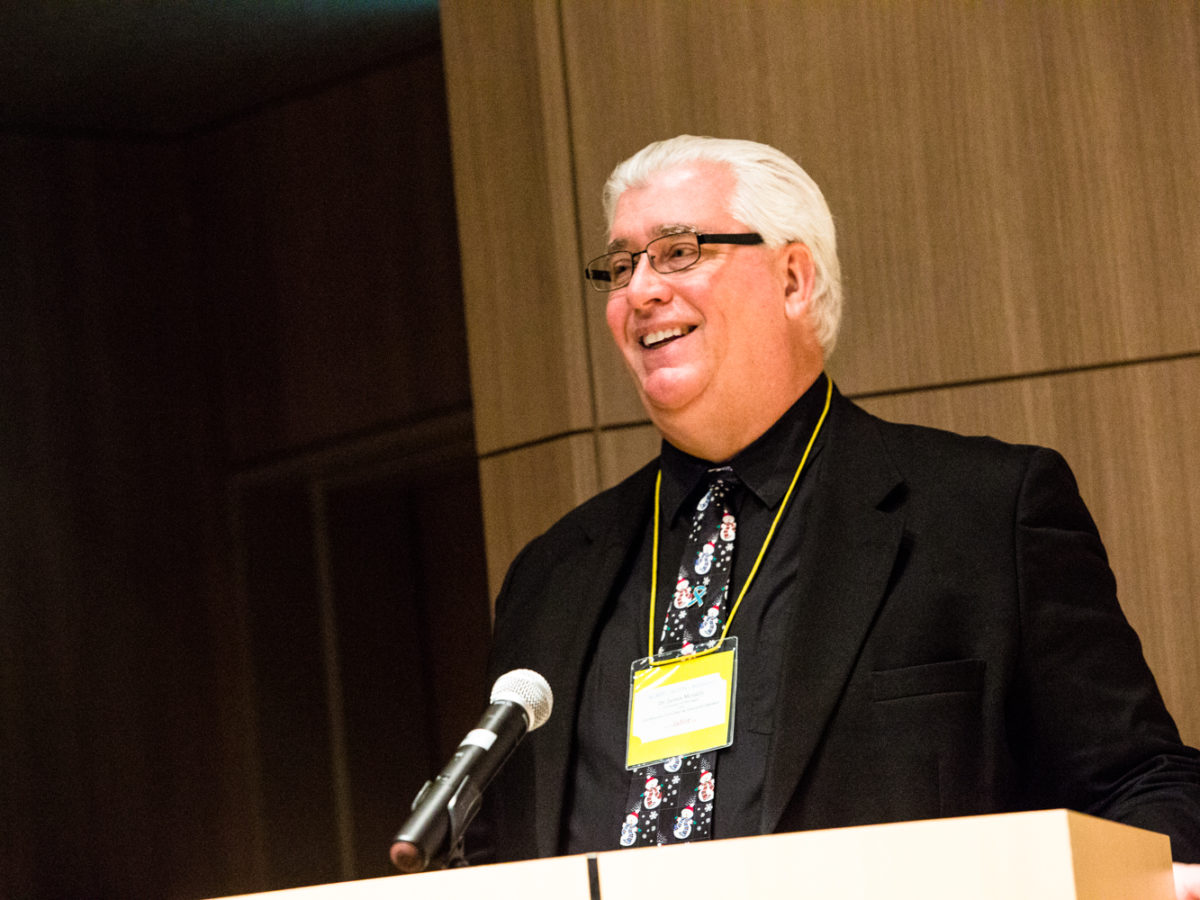
A Message from IAFOR Aging & Gerontology Conference Chair, Dr James McNally
Dr James McNally, Director of the NACDA Program on Aging and IAFOR Aging & Gerontology Conference Chair, discusses IAFOR’s social sciences programme.
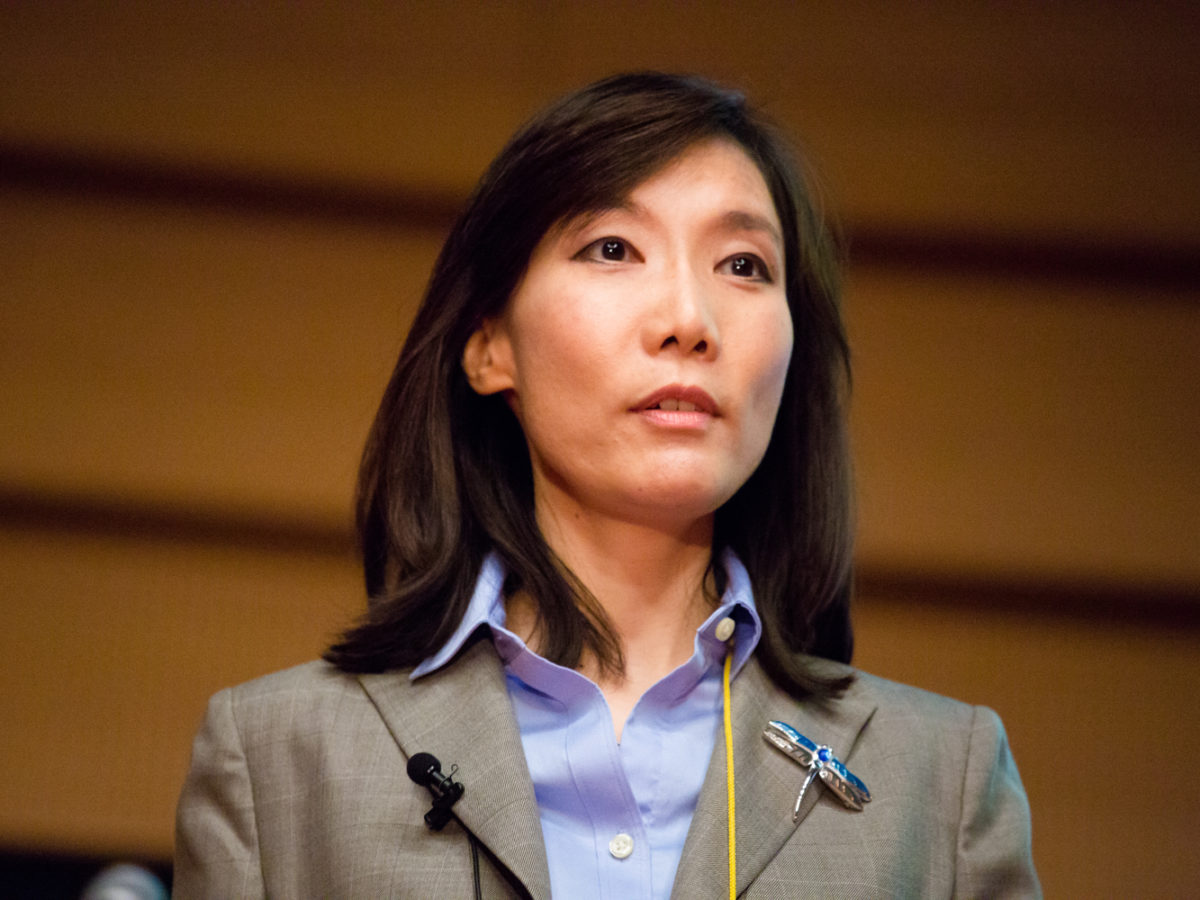
Context-Specific Motivational Beliefs: Determinants of Adolescent Learning & Self-Regulation
In this presentation, Professor Mimi Bong argues for the importance of context-specific motivational beliefs in the self-regulation and academic performance of adolescent learners.
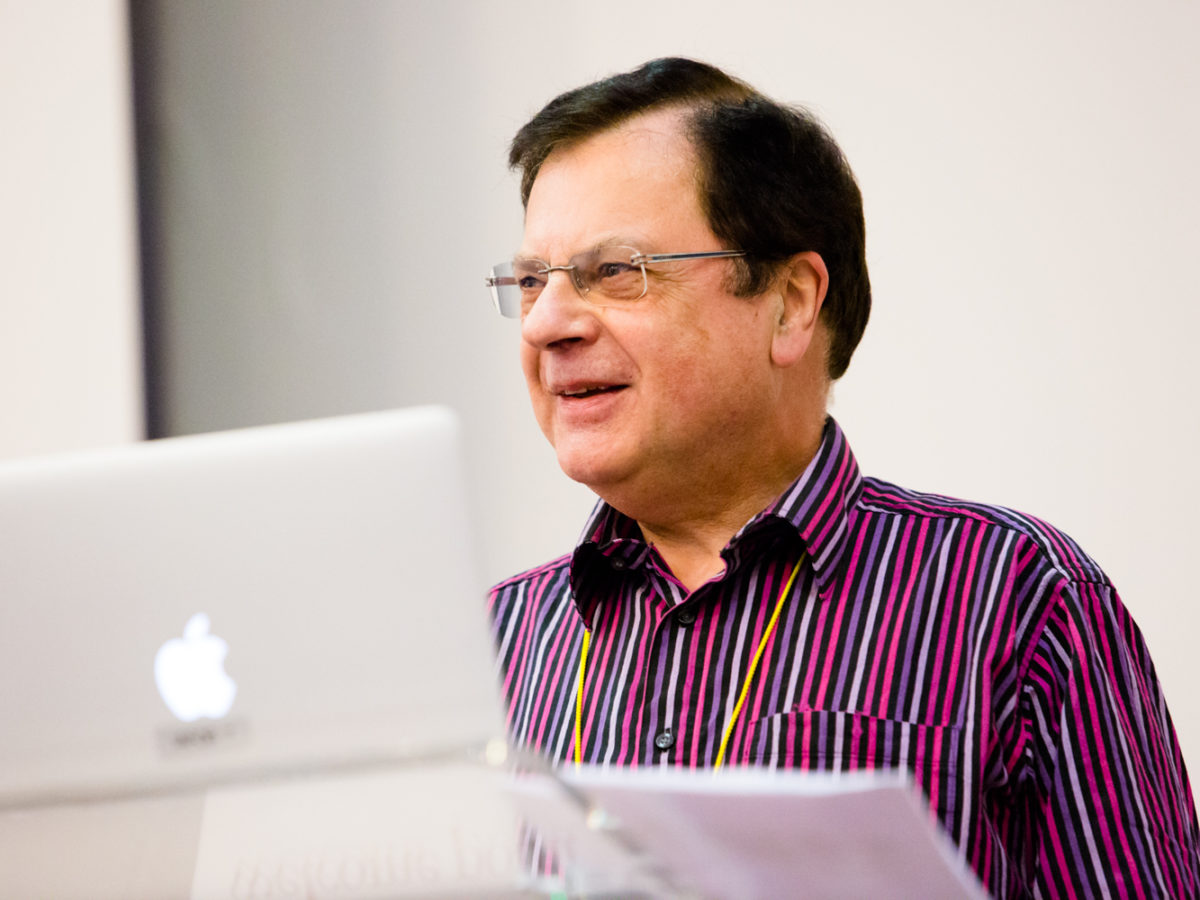
New Religions and Cults
In this interview, religious scholars Professor Stuart D.B. Picken and Dr George Chryssides discuss the emergence of new religions and cultism.
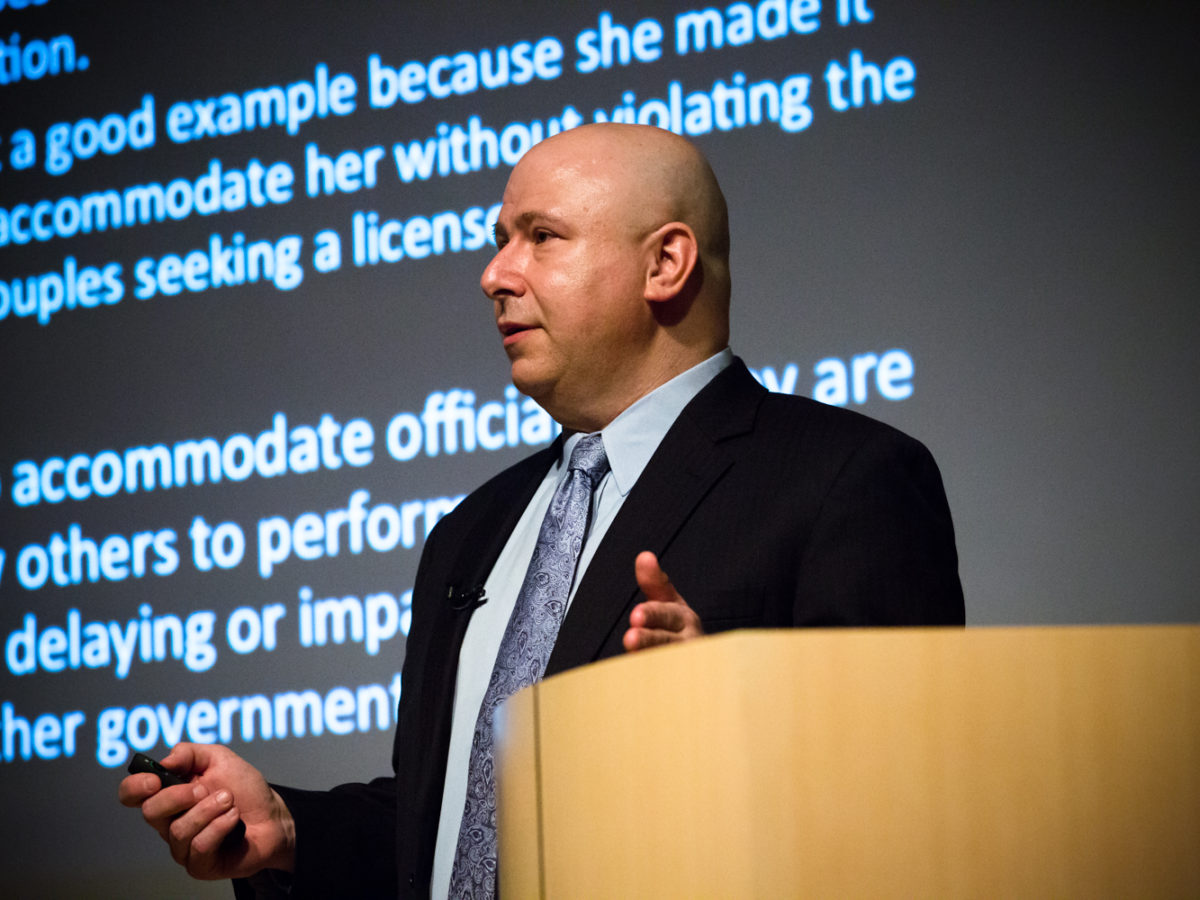
Freedom’s Edge – Religious Freedom, Sexual Freedom and the Future of Justice in America
“The stakes are high. For one side fundamental justice and human rights are involved. For the other fundamental justice and civil liberties are involved.”
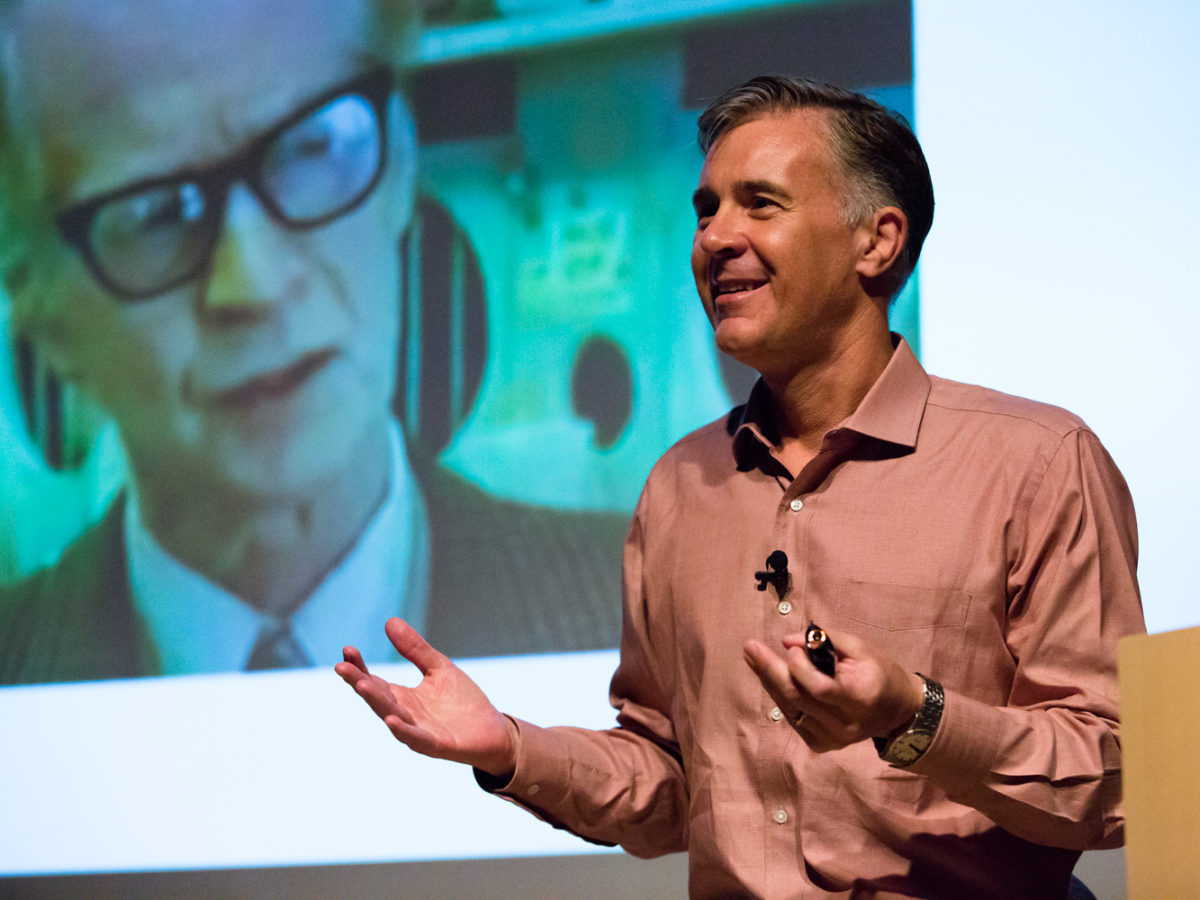
Connections between Psychology and Instruction
In this interview, Professor Stephen Ryan describes his personal experiences in the classroom and the relationship he sees between the hard sciences and natural sciences.
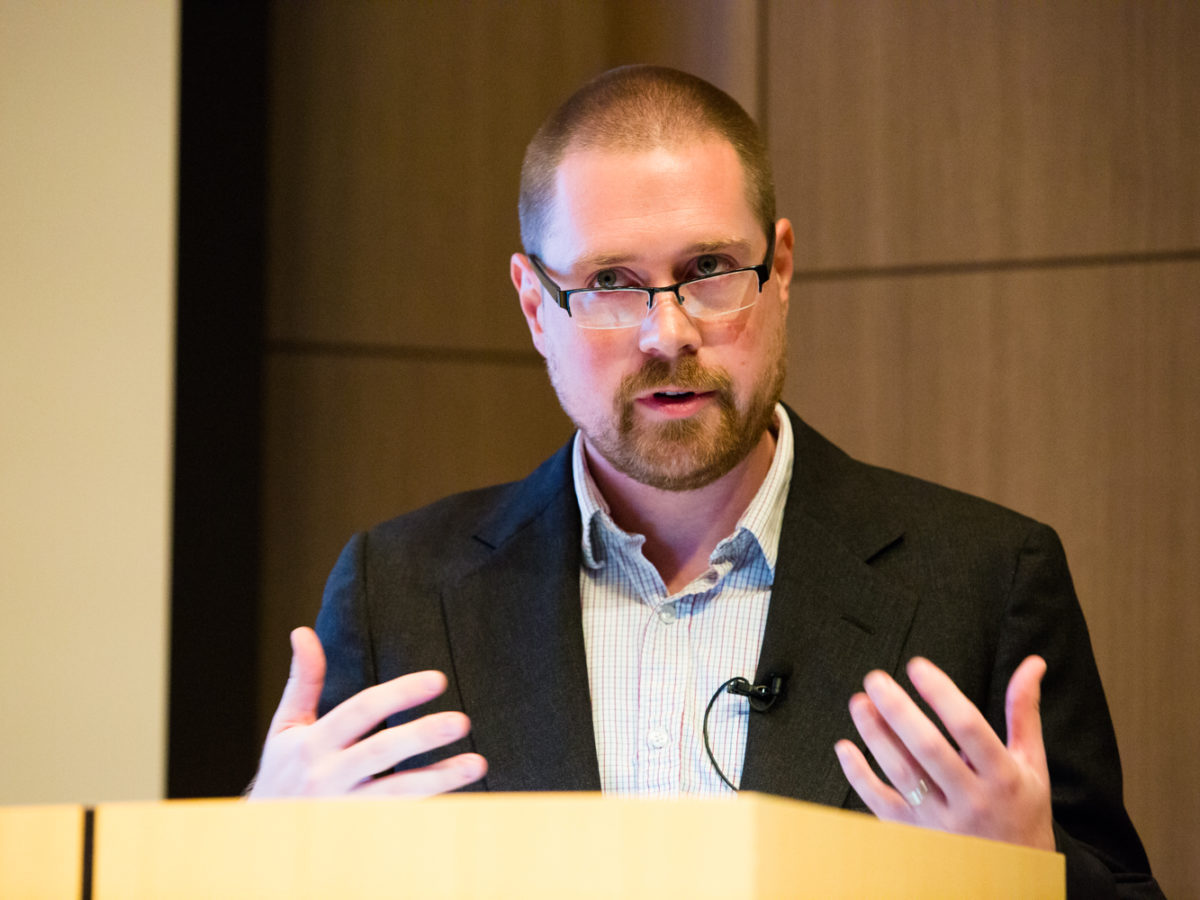
Documentary Journalists on the Front Line
“In this golden age of documentary filmmaking, documentary films now dominate the narrative landscape on television and online bringing in millions of viewers.”
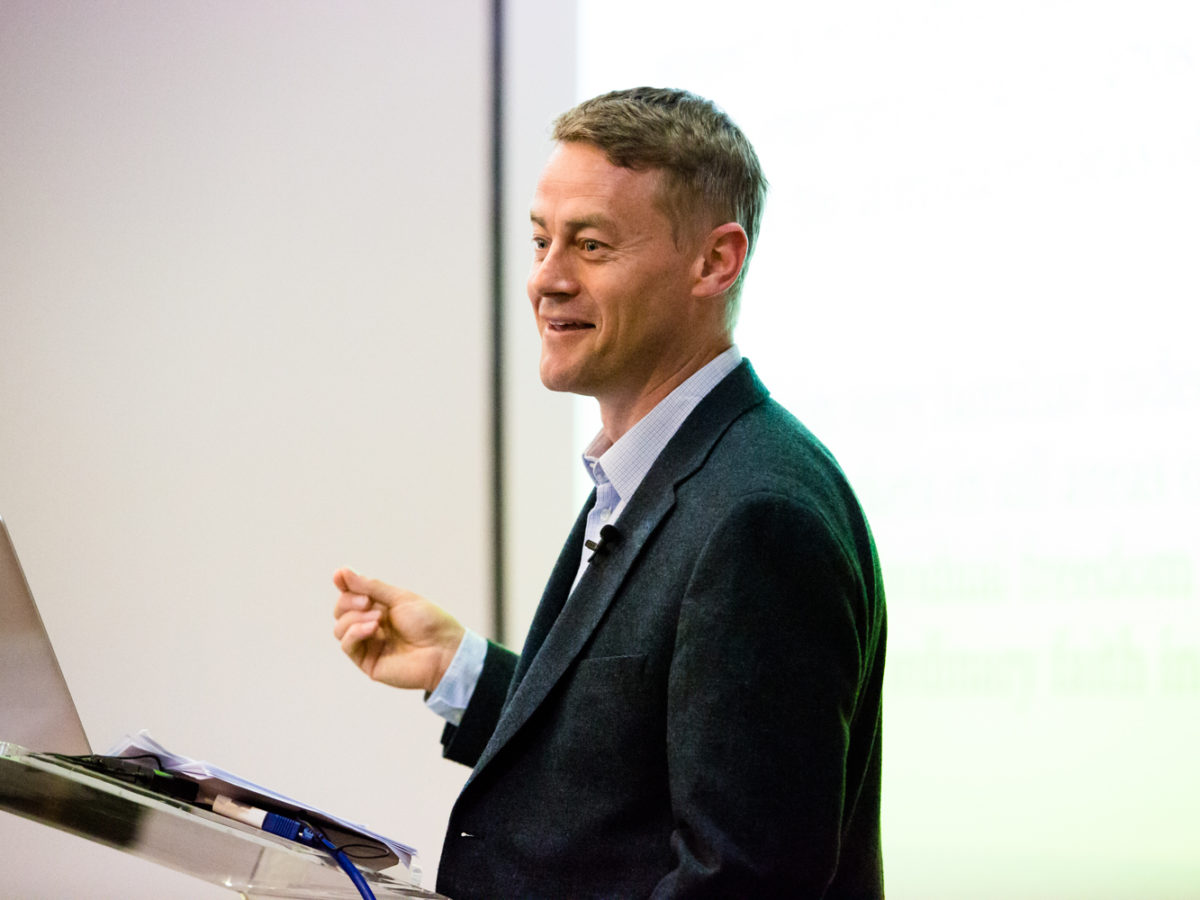
Come build in the empty house: Reimagining Democracy and Education in a Time of Change
Dr Fergal Finnegan makes the case that technological change and new political and cultural formations have opened up the possibility of novel and empowering forms of reflexive action.
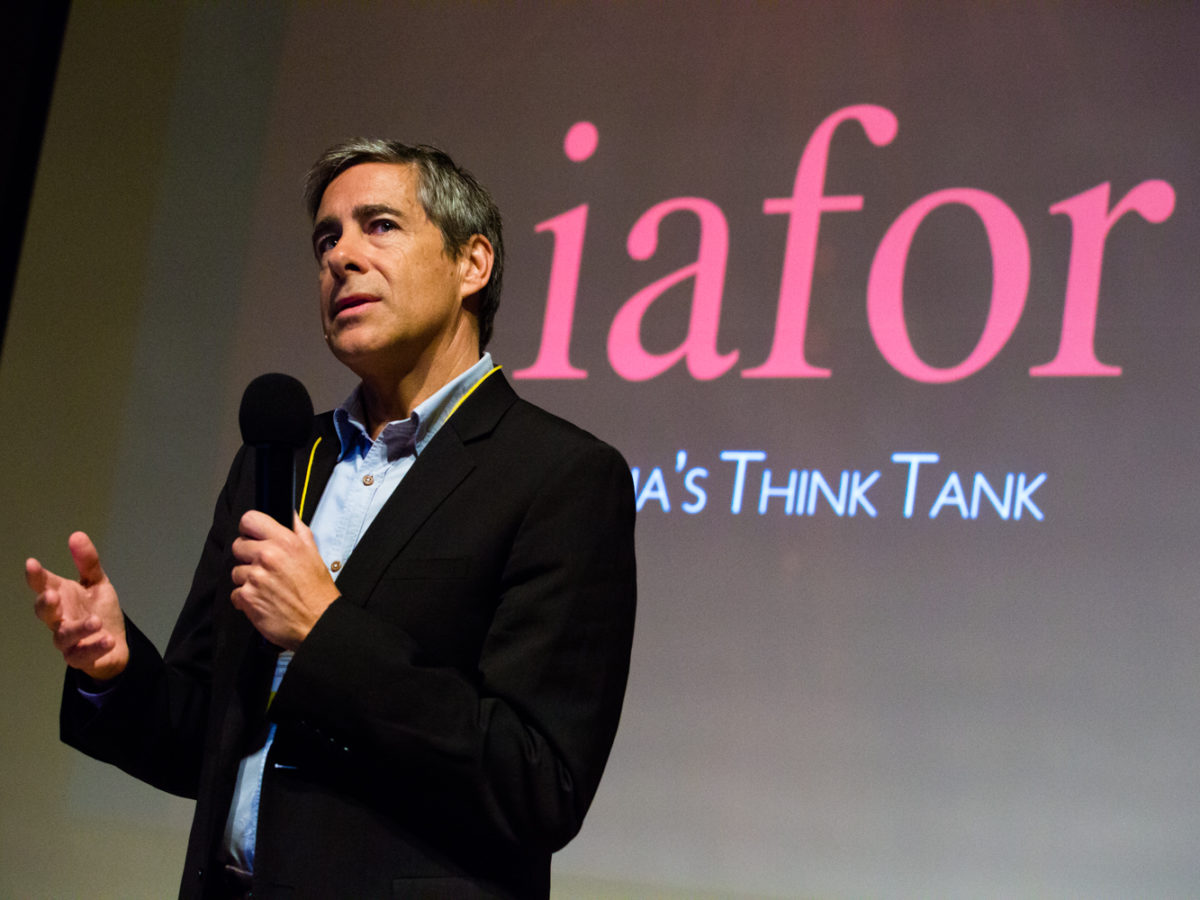
IAFOR – International, Intercultural, Interdisciplinary
The International Academic Forum (IAFOR) brings together influential academics and decision-makers from around the globe who have one thing in common: a desire to make a difference.
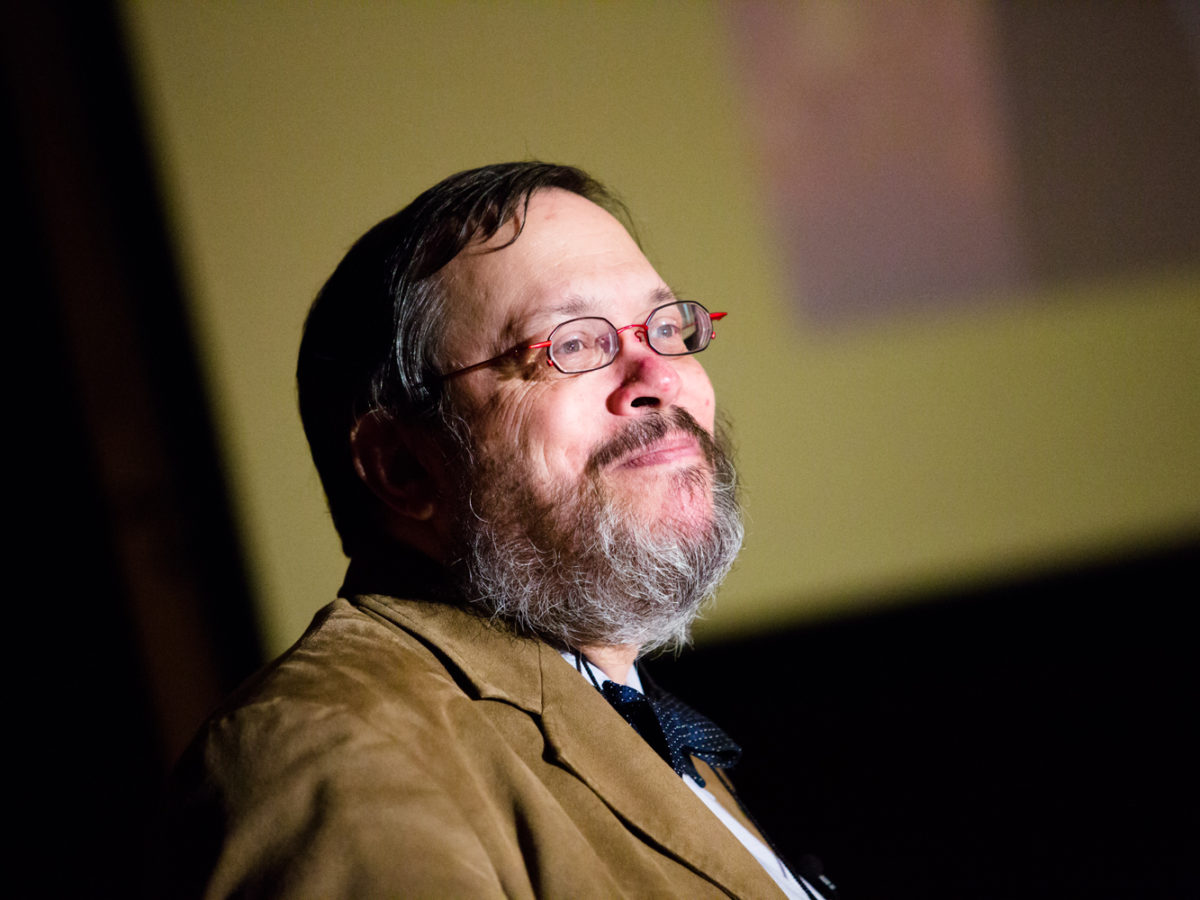
Teacher’s Challenges, Accomplishments & Recognition
How are teachers rewarded? What challenges do they face? Who are their role models? Professor Steve Cornwell discusses these issues at The Asian Conference on Language Learning 2014.
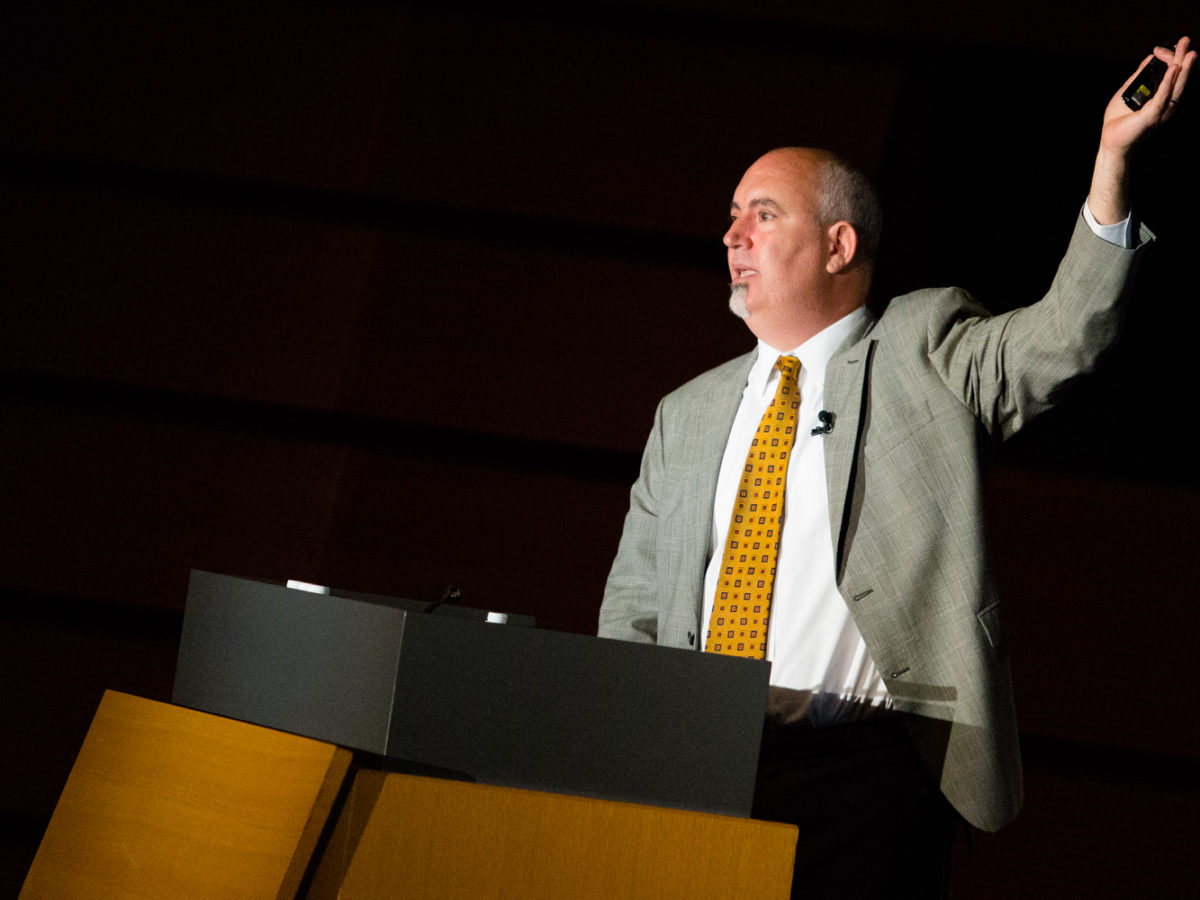
Creating Abundant Enterprises
Professor Jay Friedlander of the College of the Atlantic talks with IAFOR Executive Director, Dr Joseph Haldane about the importance of abundance and sustainability in business.
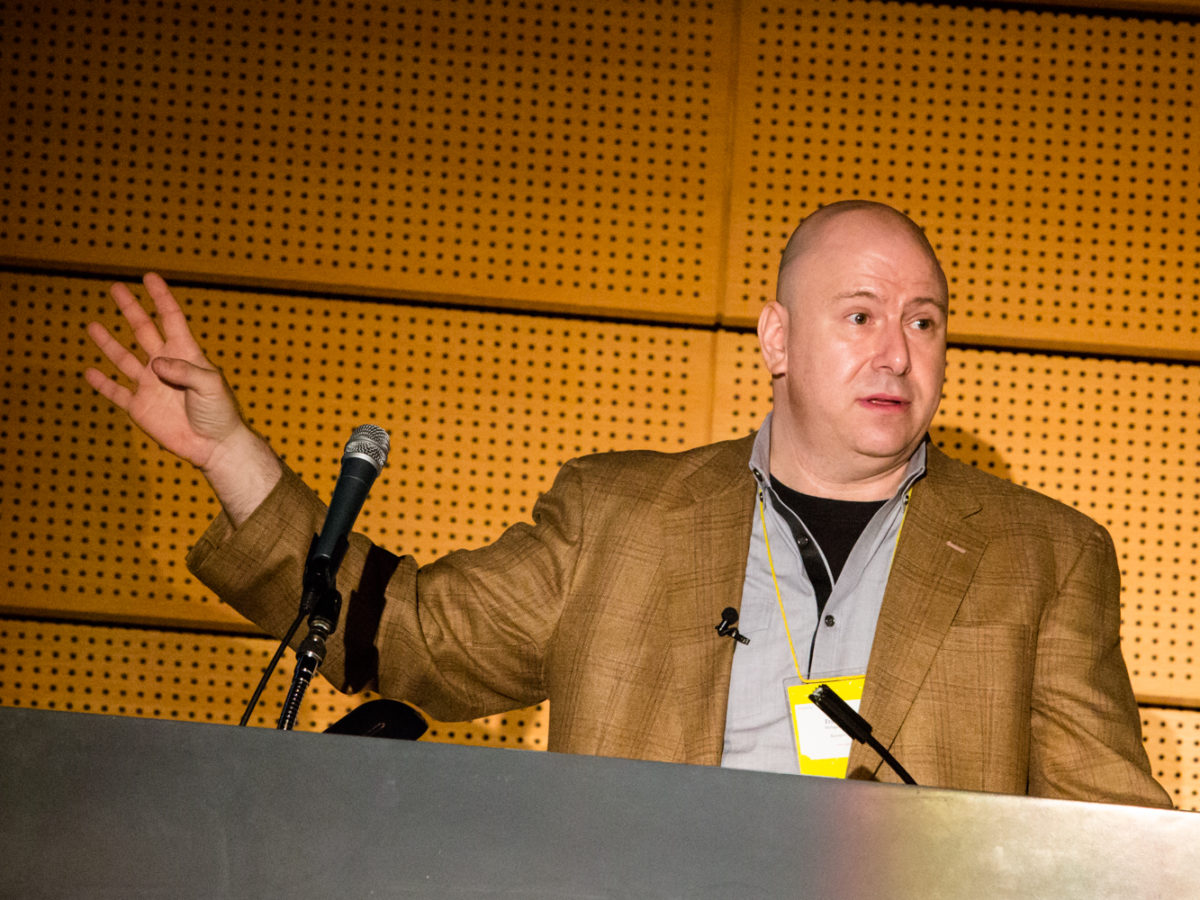
Government Officials’ Visits to the Yasukuni Shrine: Constitutional and Ethical Struggles
“Visits to the shrine by government officials create an ethical and cultural struggle for many Japanese, who are surprised to learn of international reaction to the visits, and yet feel deeply committed to avoiding conflict.”
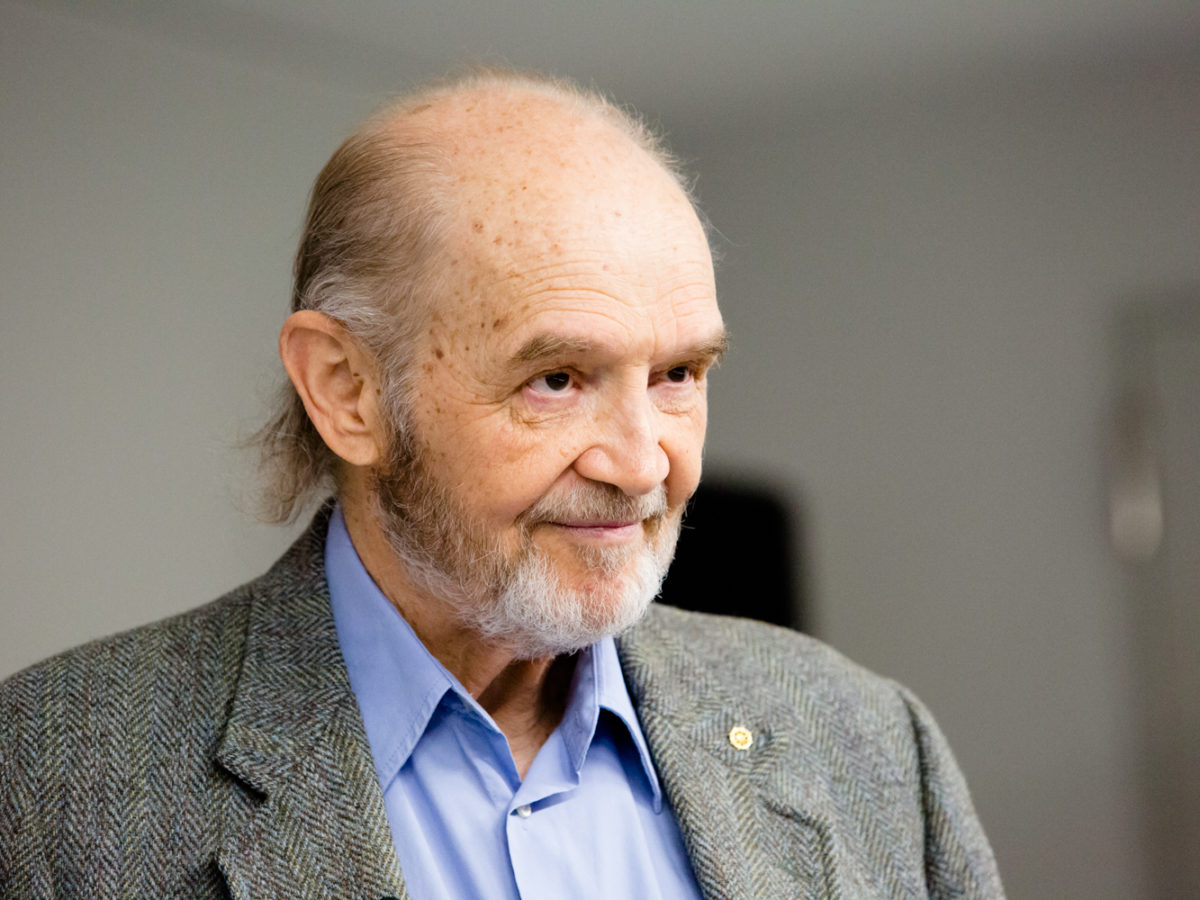
War, Zen Buddhism and Academia
Professor Frank S. Ravitch, IAFOR Executive Council Advisory Board Member, sits down for an intriguing and enlightening interview with Dr Brian Daizen Victoria, Fellow of the Oxford Centre for Buddhist Studies, Japan.
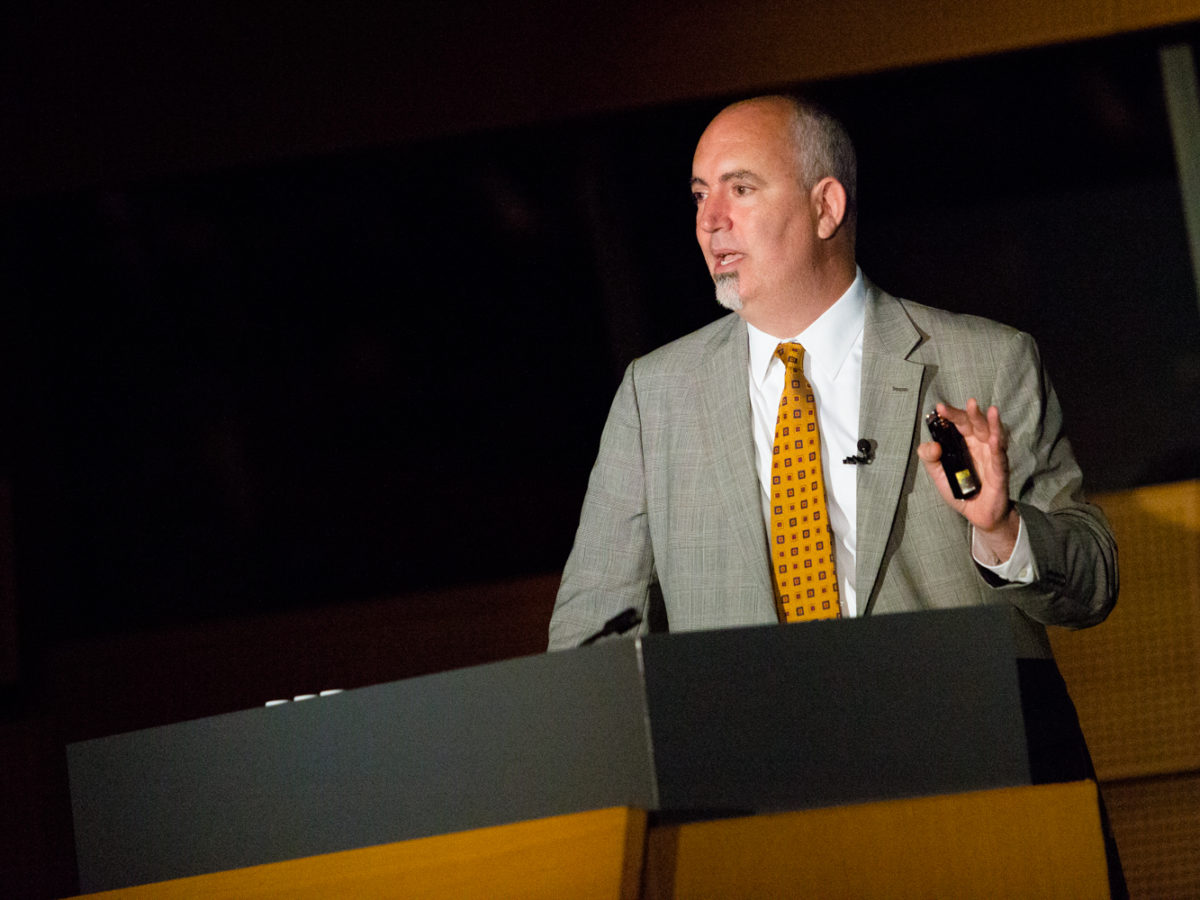
Strategic Sustainability: Creating Abundant Enterprises
“most business leaders stumble on how to align sustainable tactics to create competitive advantage”. Professor Jay Friedlander discusses strategic sustainability at The Asian Conference on Sustainability, Energy & Environment.
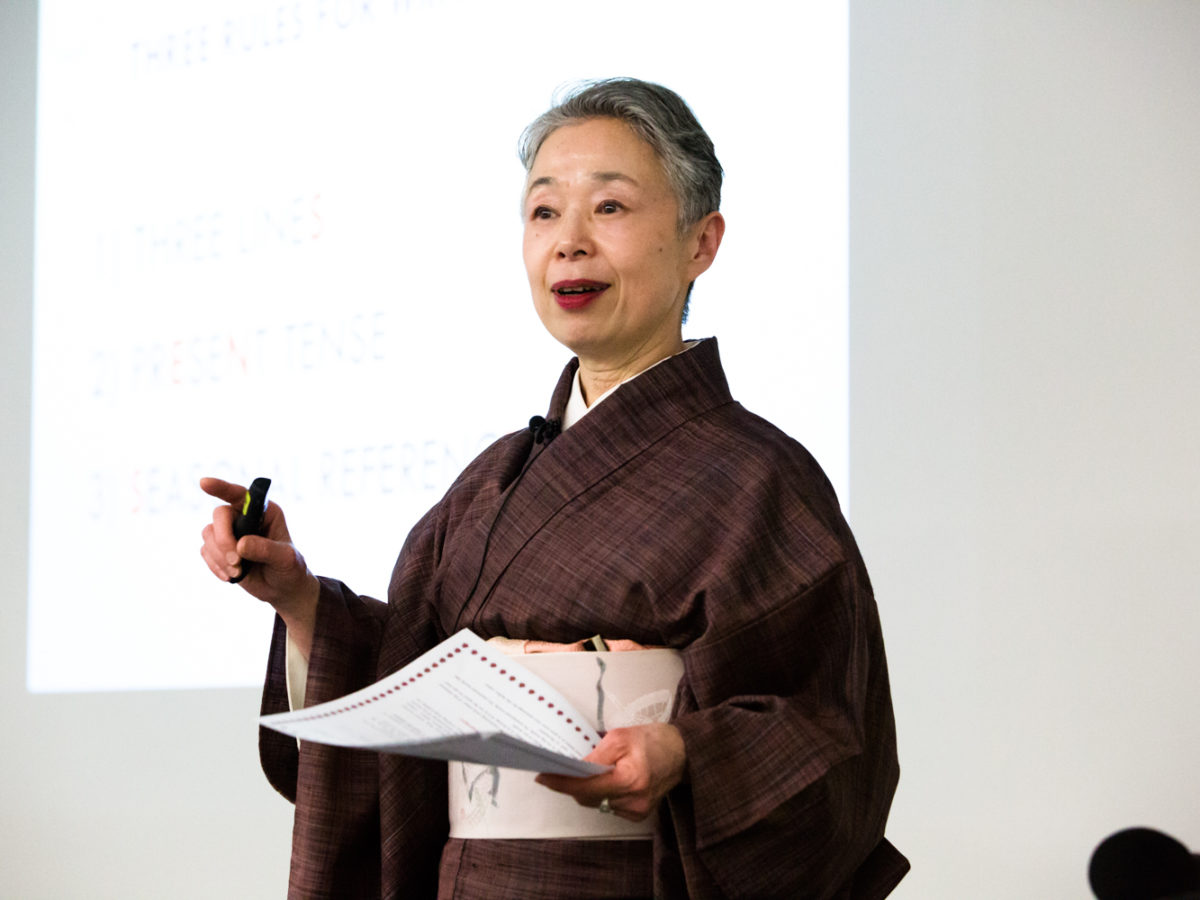
What is Haiku?
Hana Fujimoto and Emiko Miyashita answer the not so simple question of, “What is haiku?”, before discussing the adoption of haiku by Western poets and the evolution it has seen in Japan and in the West.
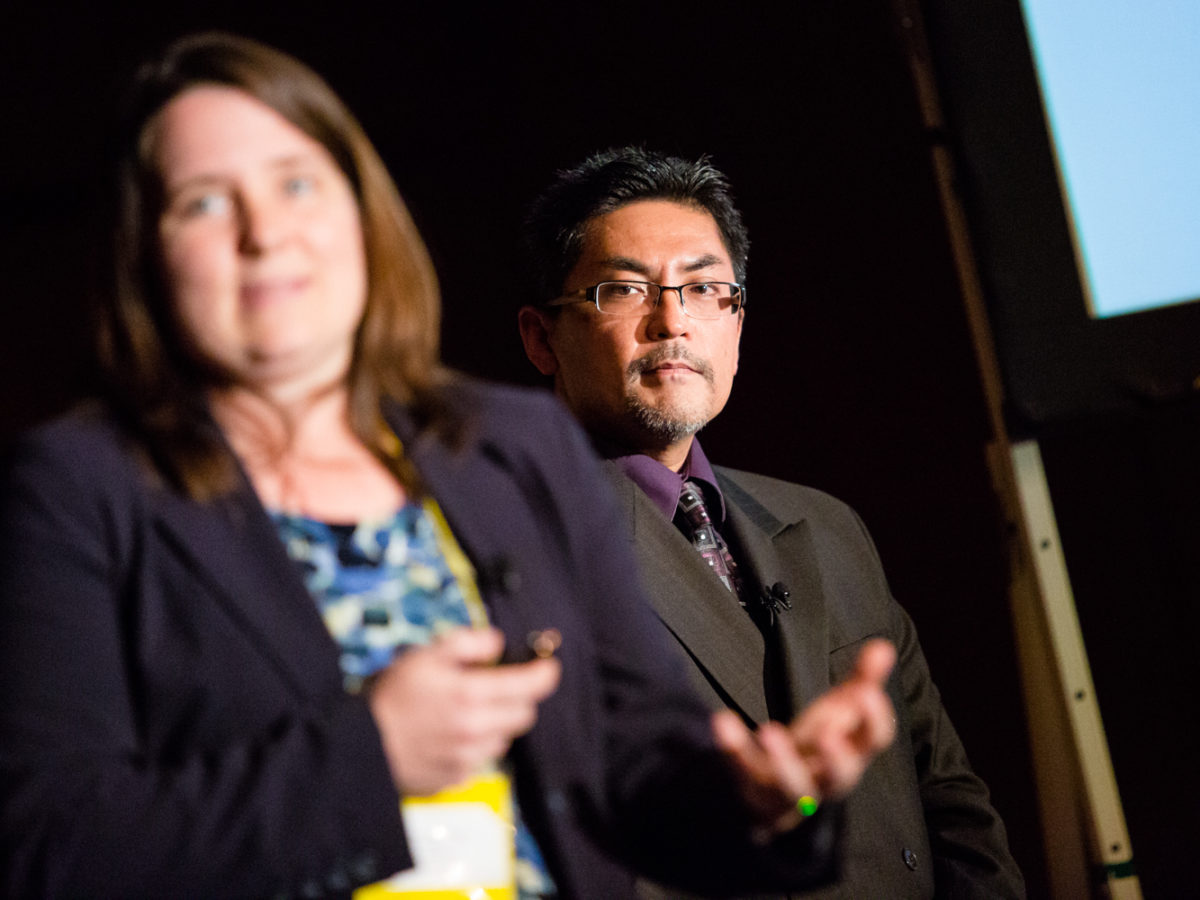
Soft Power & the Convention on the Rights of Persons with Disabilities
Dr Joseph Haldane discusses soft power & the Convention on the Rights of Persons with Disabilities (CRPD) with Dr Amy Szarkowski and Dr Yukinori Komine.
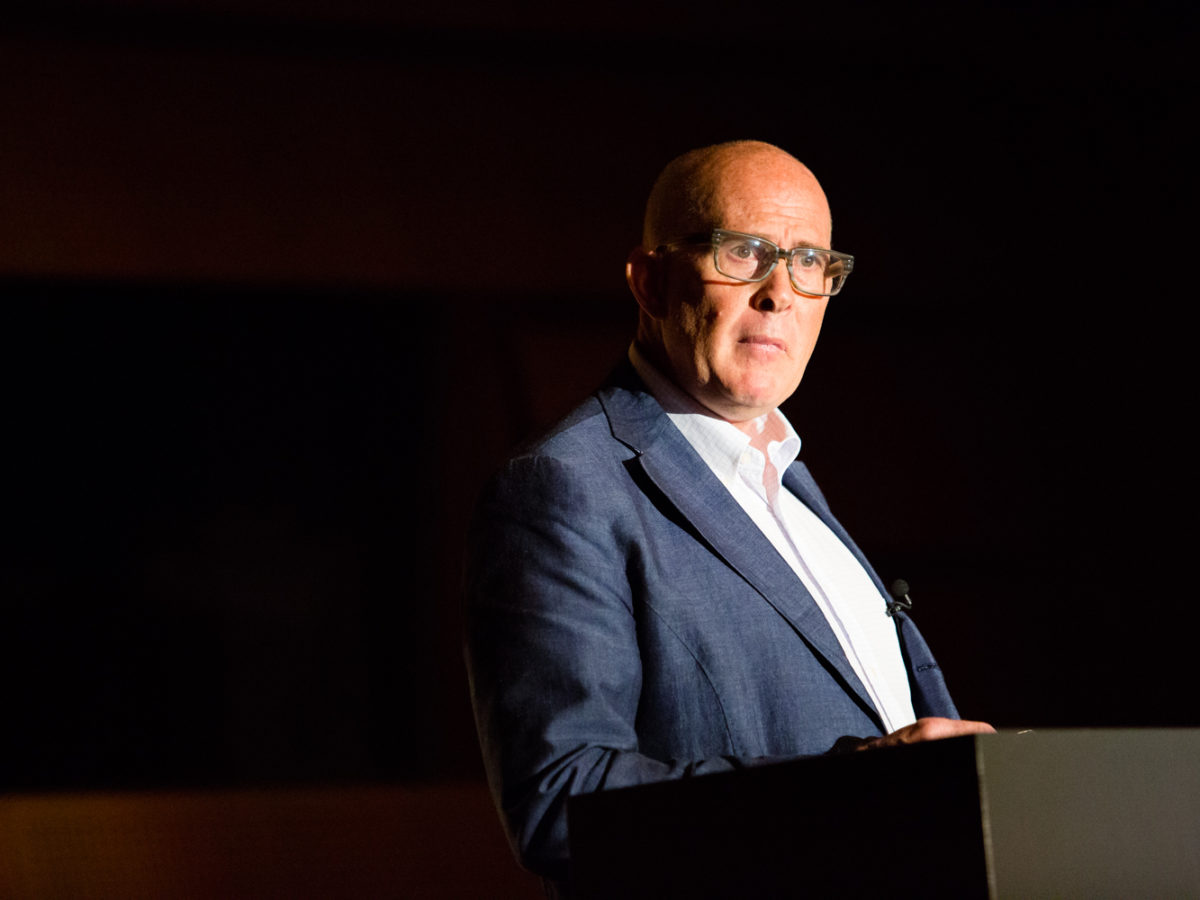
Individual, Community and Society: Conflict, Resolution and Synergy
Lowell Sheppard, Asia Pacific Director of the HOPE International Development Agency, presents a personal perspective on the makeup of conflict and how it can spark transformation.
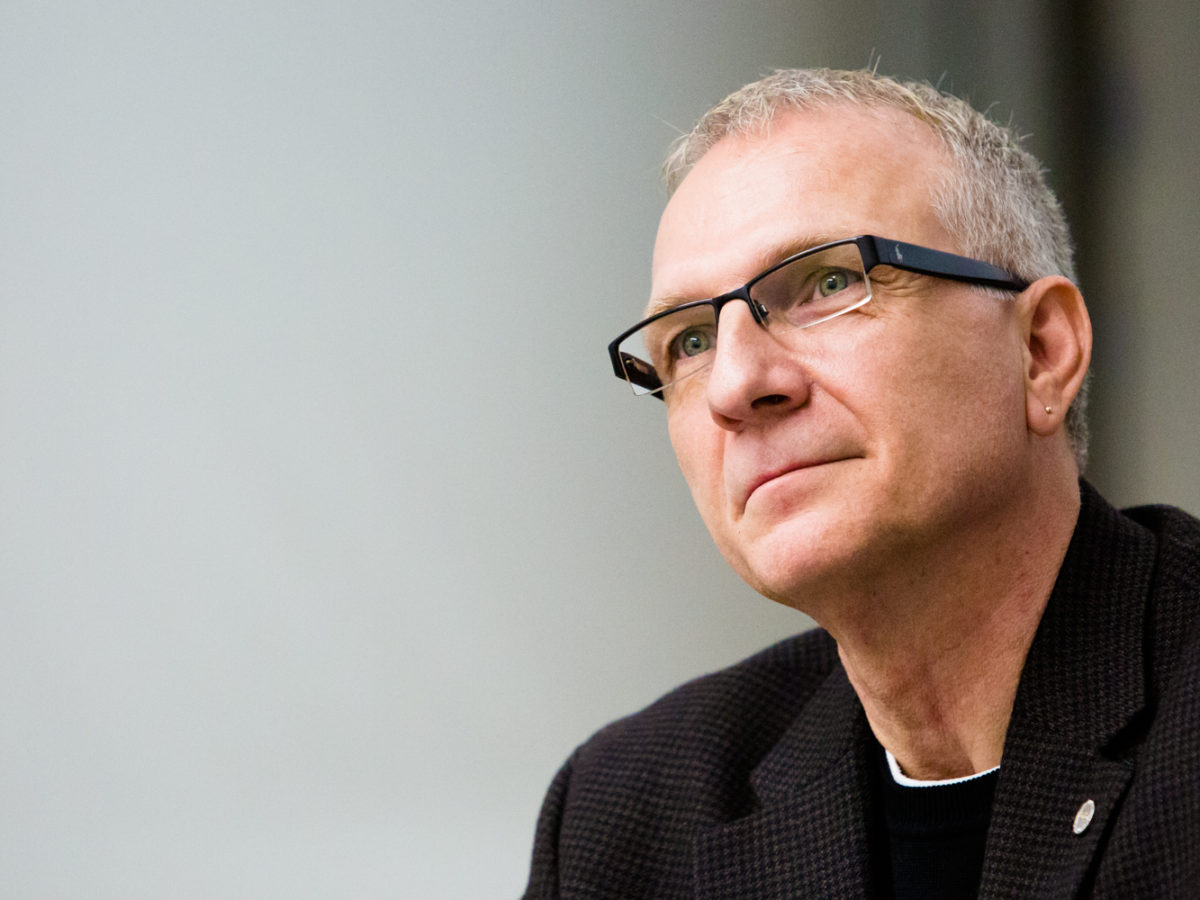
Technology: It’s Impact on Media and the Way We Communicate
“From how we eat to how we travel and work to how we entertain ourselves, technology has become an integral part of our day.” Gary E. Swanson discusses the ways technology has changed how we communicate and interact with one another.
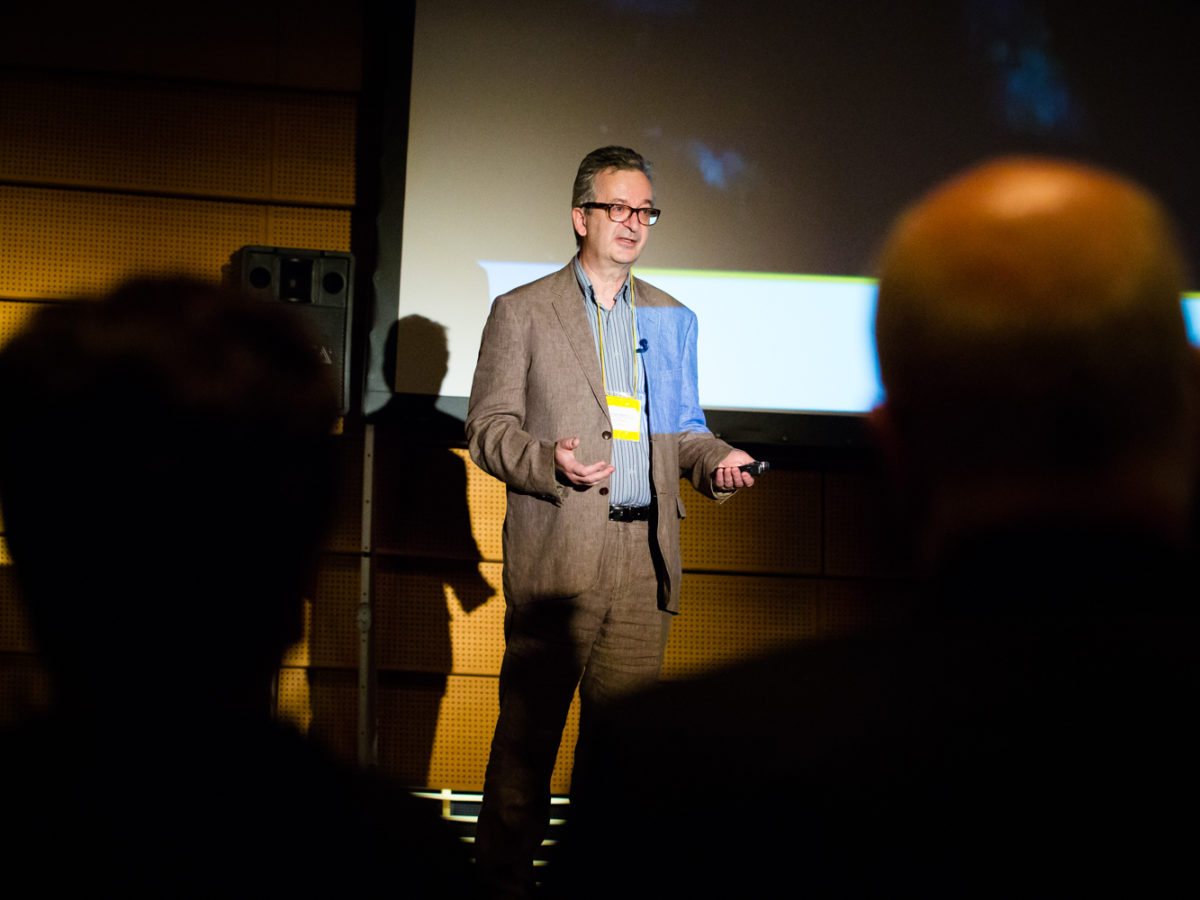
The DAMIN Program
In his Featured Presentation at The Asian Conference on Arts & Humanities 2014 (ACAH2014) in Osaka, Japan, Professor Georges Depeyrot discusses the work of the DAMIN program.
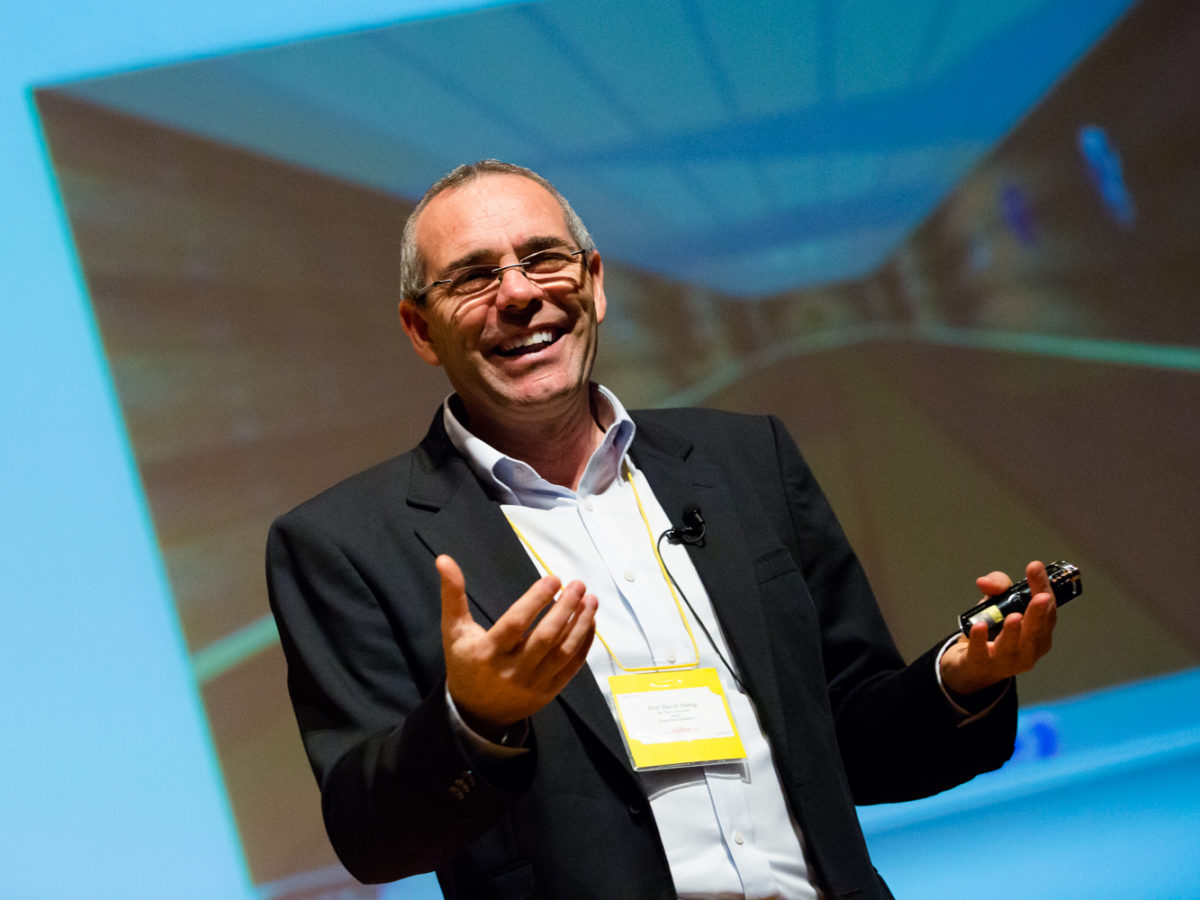
The Flynn Effect, Technology and the New Education Paradigm
Though the future may seem bleak, Professor David Passig remains optimistic and confident that human society will continue to evolve into something greater with the aid of future technologies.
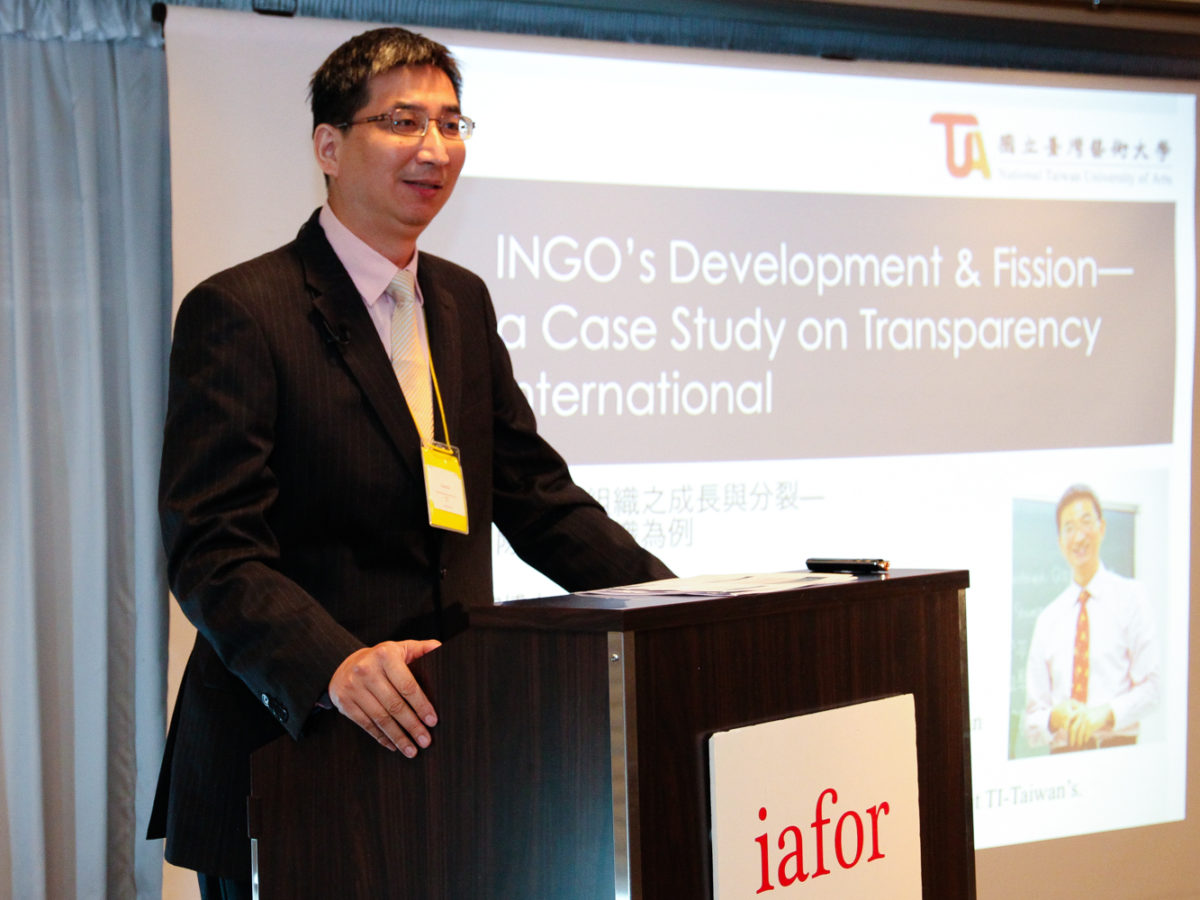
An INGO’s Development and Fission: A Case Study on Transparency International
Dr Ernie Ko offers us a behind the scenes look at the internal politics and personalities of the prominent global NGO, Transparency International.

New Guest Editor Appointed: IAFOR Journal of Business & Management
We are pleased to announce the appointment of new Guest Editor for the IAFOR Journal of Business & Management, Professor Anshuman Khare of Athabasca University, Canada. Dr Khare joins the journal with a wealth of knowledge and wide-ranging publishing experience within the field, and we are positive that his forthcoming issues of the journal will …
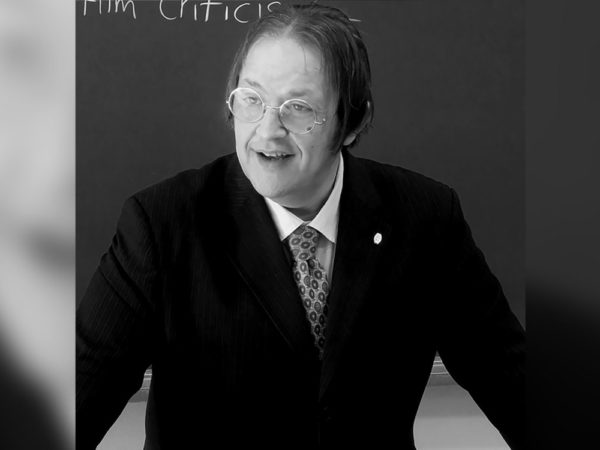
Paul Spicer to speak on Shigeyoshi Suzuki’s “What Made Her Do It?” at MediAsia2016
Dr Paul Spicer MediAsia2016 Conference Co-Chair and Featured Speaker Hiroshima Jougakuin University, Japan Dr Paul Spicer, Conference Co-Chair and Featured Speaker for The Asian Conference on Media, Communication & Film 2016 (MediAsia2016), will focus on the Taisho Democracy Era (1912-1926) in Japanese film history by discussing the volatile state of contemporary Japanese politics, and how …
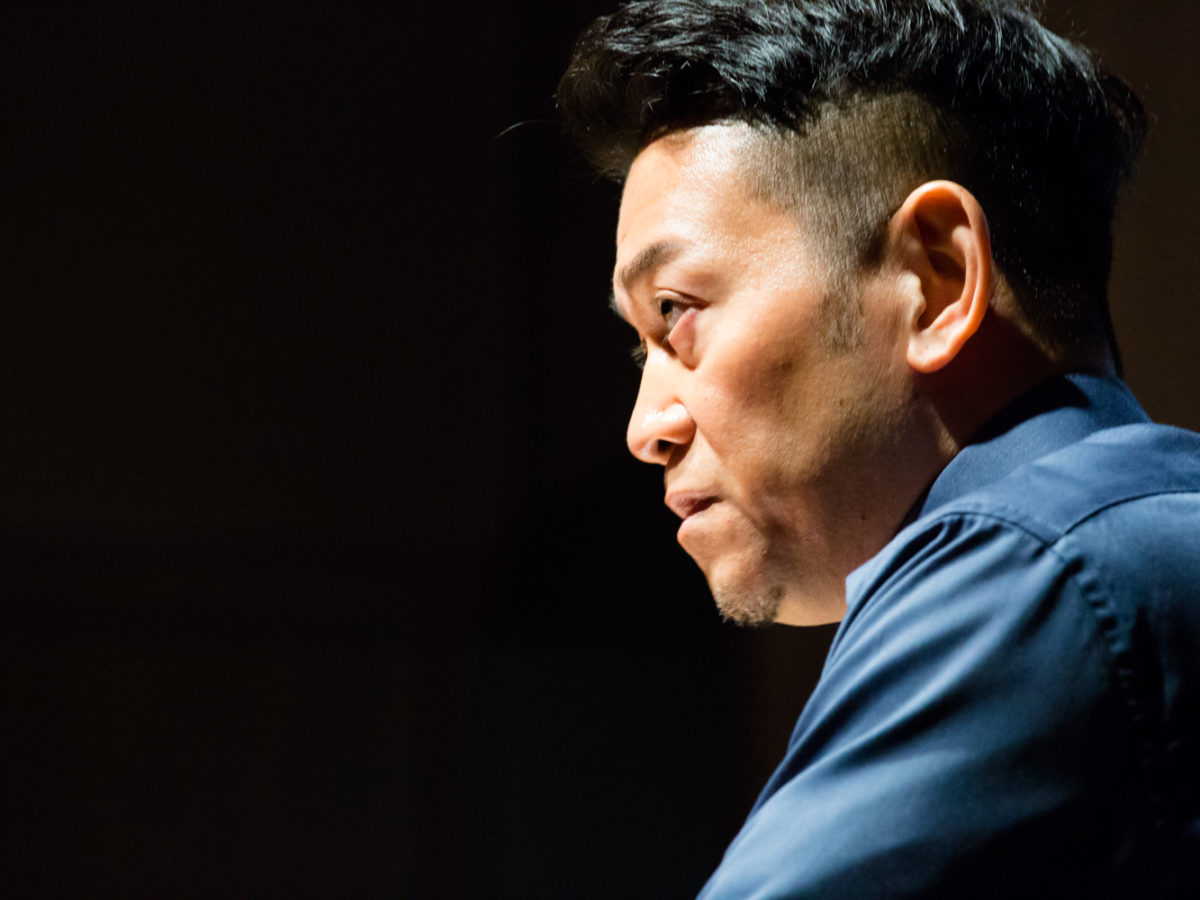
Convergence or Collision – Human Rights with or without Cultural Studies
Professor John Erni considers the conditions of possibility for overcoming the apparent non-correspondence between critical cultural humanism and rights, or between culture and law.
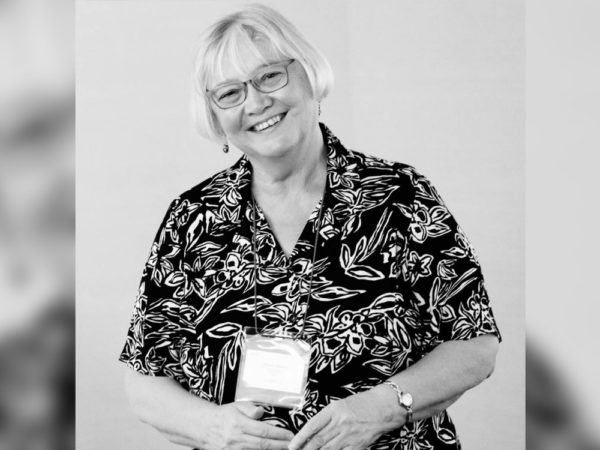
Yvonne Masters to present “‘I have presented my research’: an ending or a beginning?”
Dr Yvonne Masters AURS2016 Conference Chair & Featured Speaker University of New England, Australia Dr Yvonne Masters, Featured Speaker at The Asian Undergraduate Research Symposium 2016 (AURS2016), will discuss the journey that takes place after research and presenting. Her full abstract is available to read below. Dr Yvonne Masters is currently a Senior Lecturer in …
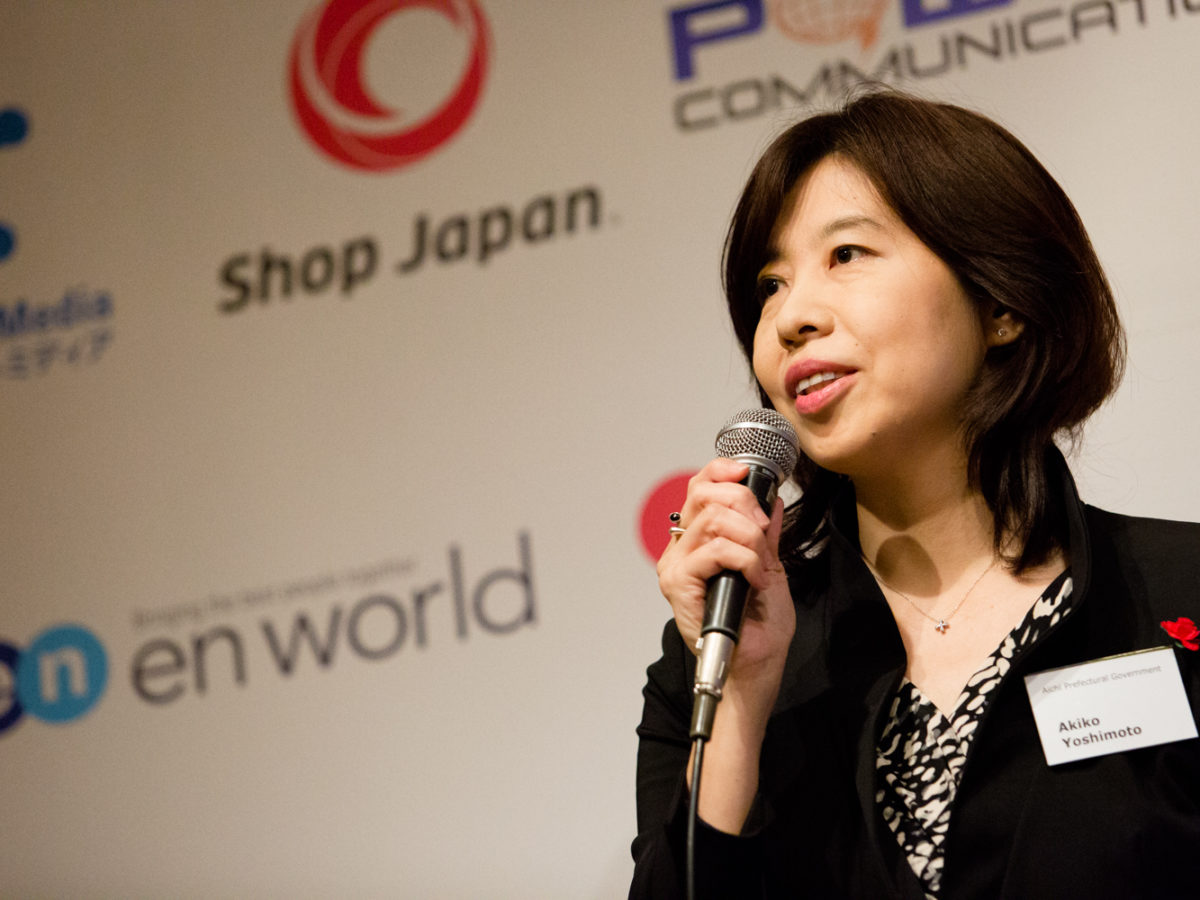
Diversity in the Workplace
Ms. Akiko Yoshimoto, Vice-Governor of Aichi Prefecture, Japan, discusses the importance of diversity in the workplace at the ACCJ Chubu Diversity Summit in Nagoya.
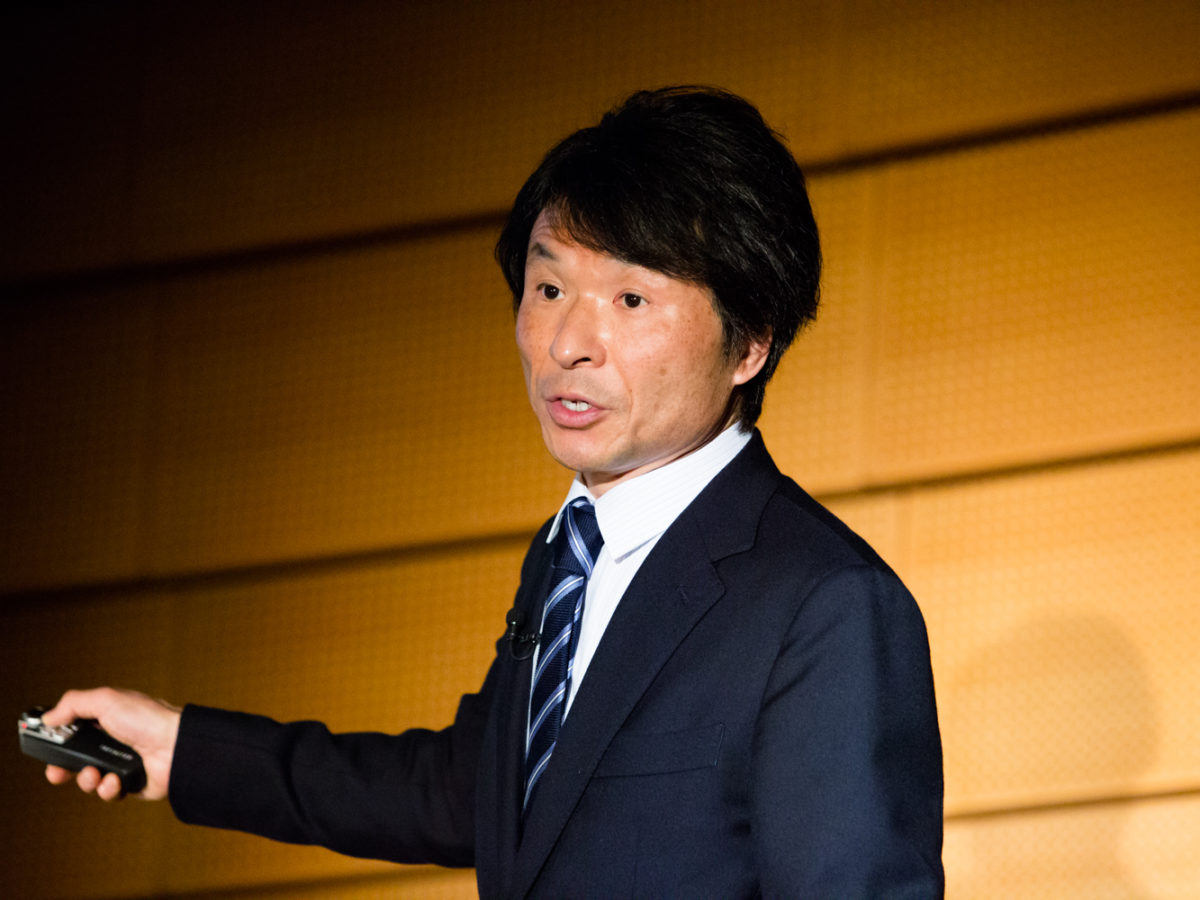
Motivations, Biases and Punishment Minoru Karasawa
In this interview, Dr Minoru Karasawa of Nagoya University, Japan, speaks with IAFOR Executive Director, Dr Joseph Haldane, about the issue of fairness and bias when choosing punitive measures as a form of punishment.
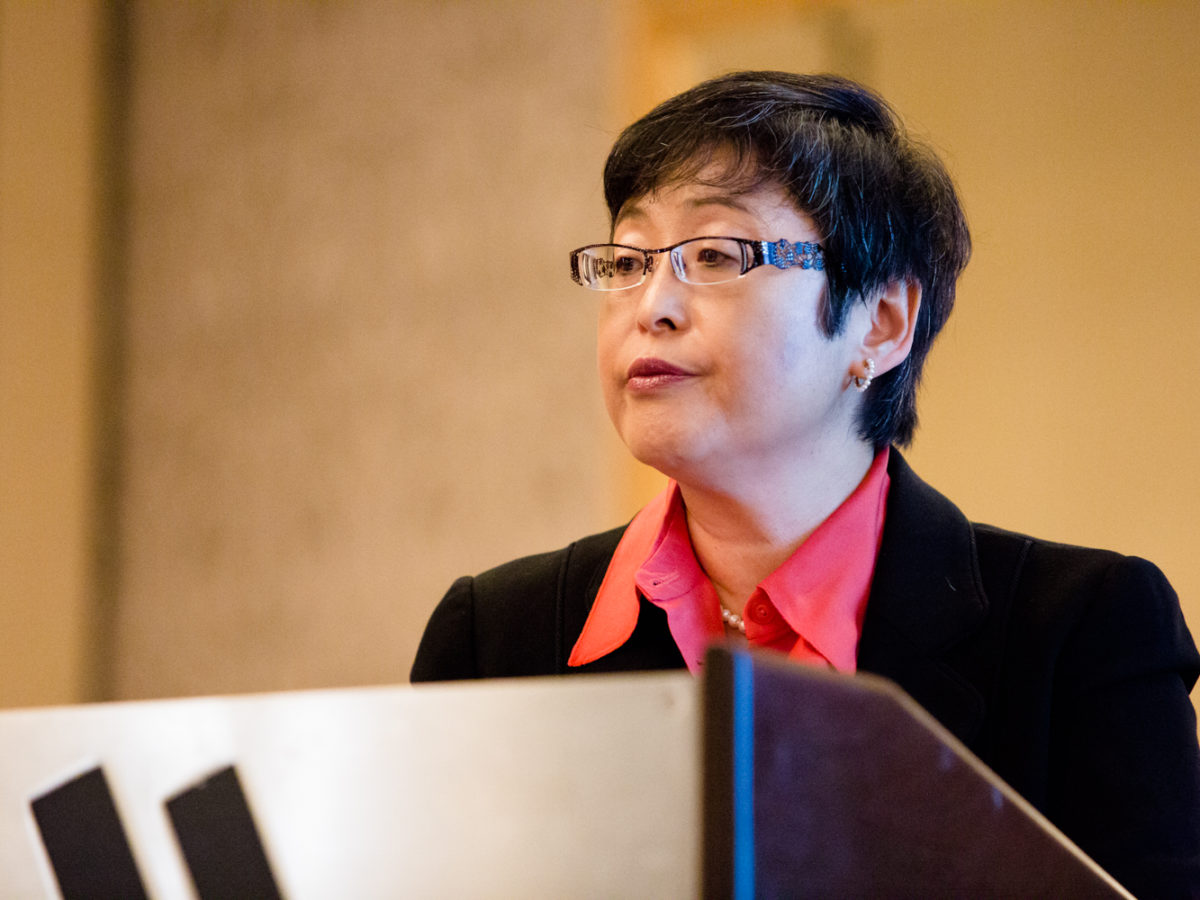
Workplace Conflict? Call the Mediator
Linda Toyo Obayashi, Senior Mediation Officer at The World Bank Group, discusses workplace conflict and the evolving interdisciplinary field of conflict resolution.
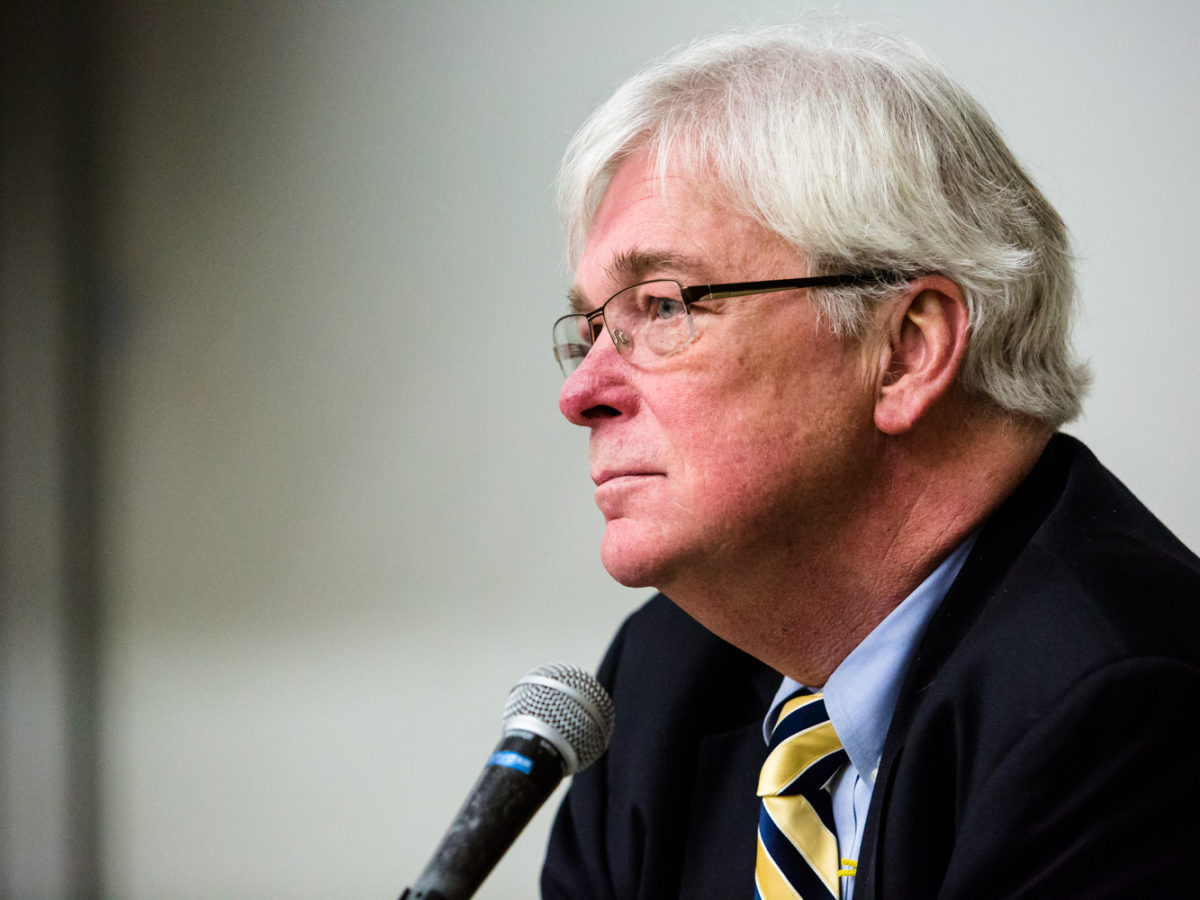
Journalism and Life in the Middle East
Professor Richard J. Roth of Northwestern University discusses journalism and life in the Middle East with three time Emmy award winner and IAFOR Conference Chair, Professor Gary E. Swanson.
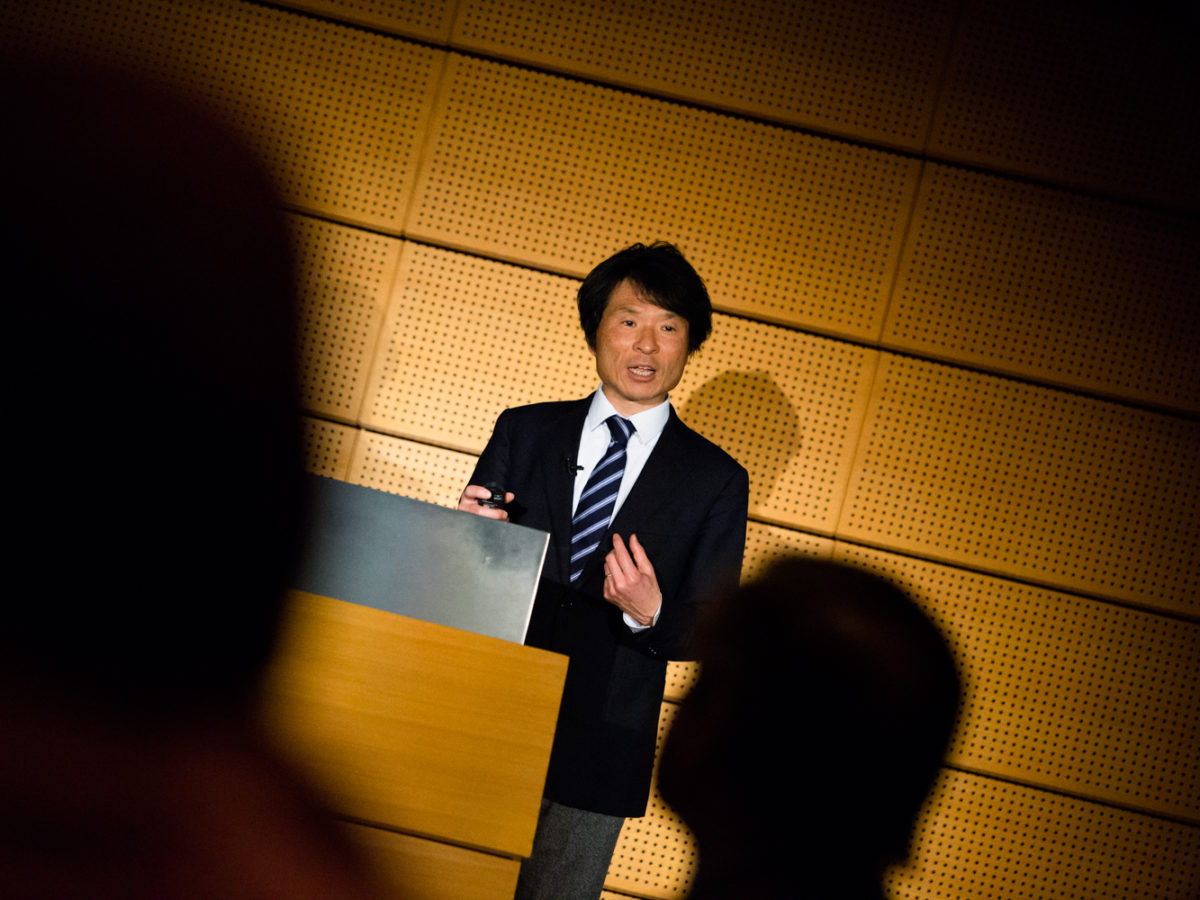
Blameworthy Character Invites Harsher Punishment
In his Keynote Presentation at The Asian Conference on Psychology & the Behavioral Sciences 2014 (ACP2014), Dr Minoru Karasawa presents his finding on the effectiveness of punishment in Japanese society.
